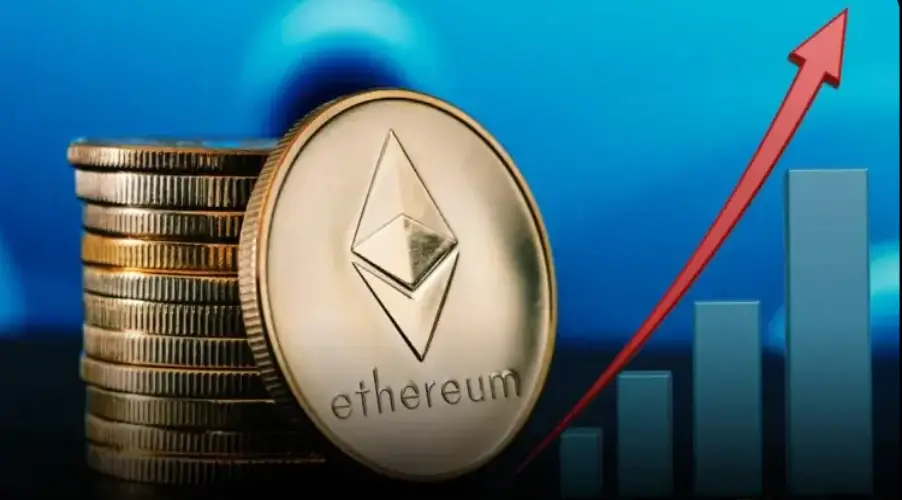Sweden and Finland officially submitted their applications for membership of the North Atlantic Treaty Organization (NATO) last week, and with that they showed their intention to strengthen the West in the face of a conflict with Russia.
The move by the two countries comes after the Russian invasion of Ukraine on February 24 this year, after the Ukrainian government also showed interest in reaching an agreement to enter the western bloc.
With more countries taking sides in favor of the United States and the European Union, Russia has warned of new retaliation and sanctions depending on the progress of the process of entry of Finland and Sweden into NATO, which requires compliance with some rules and the approval of all. the members.
To CNN Brasil Business experts said that the scenario could bring additional economic impacts to Europe and generate more expenses for the countries belonging to the Organization.
“There was an initial very cautious Russian reaction, Putin was cautious knowing the difficulties that exist to enter NATO, and Turkey itself has already declared that it will not allow the accession of Eastern European countries”, said Leonardo Trevisan, professor of Geoeconomics. ESPM International.
Russia stopped supplies of natural gas to Finland last weekend after the country refused to pay for fuel in rubles. “These actions are like a warning from Putin,” the professor said.
According to Trevisan, the intention of Sweden and Finland to join NATO is not economic, but popular and protective.
“These are two countries that have always used neutrality very well in their economic favor, maintaining good relations and doing business with the whole world”, pointed out the specialist.
“Sweden has been neutral for more than 200 years, it went through two world wars unscathed, while Finland went through two wars with Russia, but for 70 years it has been living a period of neutrality, with one of the best education systems in the world and technological development. very advanced,” he added.
Trevisan highlighted that the movement of the two countries comes after very strong popular pressure to support Ukraine and the nations of the West.
Finnish state vehicle Yle released a poll in early May showing that 76% of the country’s population supports the alliance with the West. That number increased by 14 percentage points when compared to March this year data. With Sweden’s support, support for joining NATO would jump to 83%.
The poll reveals that before the Russian attack on Ukraine, most Finns were opposed to membership. However, after the Russian invasion in February, popular opinion changed, becoming mostly favorable (53%) in the same month and with significant growth in March (62%).
“The popular support and indignation of the population of these countries with the invasion of Ukrainian territory made the governments abandon a historic position of neutrality and take sides in this conflict”, said Trevisan.
“We can say that the two forgot about economic gains to go according to public opinion and receive protection from the US and allies against possible Russian retaliation.”
military expenses
The accession of more European countries to NATO is also expected to generate changes in the alliance’s military budget, according to Marcelo Cabral, CEO of Stratton Capital and former vice president of Morgan Stanley, Credit Suisse and JP Morgan.
“This expansion of NATO, from a macro point of view, reduces the geopolitical risk as it strengthens the European Union and reaffirms US military power. With that, the perception is that there will be an increase in military spending across Europe,” he said.
In 2020, NATO members spent more than $1 trillion in military expenditure, according to the platform. Our World in Data, from the University of Oxford. Of this total, $766 billion was spent by the United States alone.
This amount spent by the United States, which corresponds to 76% of the Organization’s military power, has already been a matter of discussion before, especially during the administration of former President Donald Trump, who demanded the increase in spending from other allies.
Marcelo Cabral recalled that all member countries of the North Atlantic Treaty Organization must allocate 2% of their GDP to resources involving the armed forces, but few of them meet the target annually.
“With this tension installed, I believe that there will be a change in need for European countries, especially in relation to Germany. This perception of insecurity, which did not exist before and therefore the expenses with military power were neglected, must contaminate everyone”, highlighted the expert.
According to Cabral, the tension in Europe will cause the continent’s economy to grow less, even more so with the EU looking for alternative fuels to reduce Russian dependence. However, he believes that NATO expansion reasserts the bloc’s economic and military power and can impose a sense of solidity.
capital flow
With the war in Europe in progress and new geopolitical scenarios developing, Marcelo Cabral says that it is very likely that there will be a flow of capital out of the European continent.
“The most likely destination in times of uncertainty is the one where there is more security, so the United States tends to appear as the safe haven of capital in the world at these times,” he said.
XP stock strategist Jennie Li assessed that a possible entry of Finland and Sweden into NATO does not change the current scenario so much, and pointed to an investment bet in emerging countries, as occurred when Ukraine was invaded.
“The entry of Finland and Sweden does not change this scenario much, Europe was already a region with a fragile economy, with more urgent inflation than the US and a more patient central bank than the Federal Reserve,” said Li.
“Brazil and emerging Latin American countries had already benefited the most from this scenario of supply shocks in supply chains, which we have seen since the beginning of the year. So, despite the Brazilian stock market having gone through a period of volatility and decline, it remains one of the best when compared to the main stock exchanges in the world, especially when looking at the dollar”, he added.
The economist highlighted the global scenario of uncertainties, with the war in Europe, the Fed’s interest rate hike and the lockdowns in China alarming the market with the risks of recession in the main economies of the world.
“Although the scenario is one of uncertainty, this does not mean a lack of opportunities. Commodity prices remain at very high levels, and abroad, the US market is still a strong bet, with valuations returning to historical stock market averages, which can be an interesting entry point for long-term investors.” concluded.
Source: CNN Brasil
I am Sophia william, author of World Stock Market. I have a degree in journalism from the University of Missouri and I have worked as a reporter for several news websites. I have a passion for writing and informing people about the latest news and events happening in the world. I strive to be accurate and unbiased in my reporting, and I hope to provide readers with valuable information that they can use to make informed decisions.







